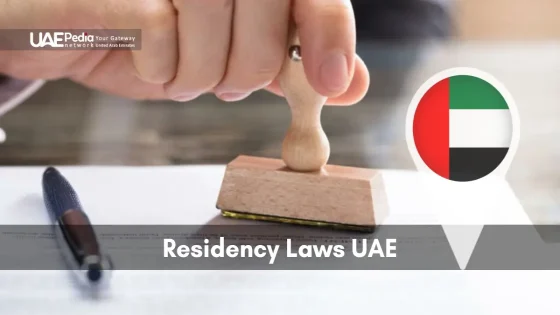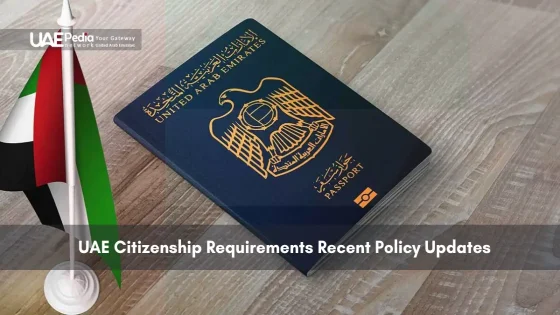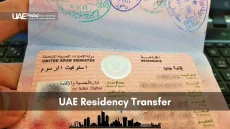How do the UAE’s residency laws affect expats and businesses? The United Arab Emirates is a key spot for business and tourism. It has strict rules for living and taxes that shape its people. Did you know you can be a tax resident in the UAE after just 90 days in a year? This is under certain rules.
The Emirates have clear and flexible rules for living there. These rules help everyone, from short visitors to long-term residents. Who can live there and what rights they have are all set by these laws.
Understanding Tax Residency Laws UAE
The UAE has updated its tax laws. Cabinet Decision No. 85/2022 is a big change. It makes it easier for expats to know if they live in the UAE for tax purposes.
Cabinet Decision No. 85/2022 Framework
This new rule says you are a Tax Resident if you spend 183 days or more in the UAE in a year. It’s clear and easy to understand. Businesses also have rules to follow to be considered tax residents.
Ministerial Decision Implementation Guidelines
Ministerial Decisions No. 27/2023 and No. 247/2023 give more details. They explain how to get Tax Residency Certificates. If you live in the UAE for 90-182 days, you can apply for a TRC.
Legal Recognition and Enforcement
The Federal Tax Authority UAE makes sure these rules are followed. They can ask for information to enforce the rules. This helps keep the tax system fair and clear in the UAE.
| Requirement | Natural Persons | Juridical Persons |
|---|---|---|
| TRC Application Timing | After 183 days presence in 12 months | After 3 months from start of tax period |
| Physical Presence | 90-182 days for domestic law | N/A |
| Establishment Period | N/A | 12 months before TRC eligibility |
183-day rule requires documented proof of presence through entry/exit stamps or Emirates ID logs Ref.: “UAE Cabinet Affairs (2023). Tax Residency Verification Guidelines. Government of UAE.”
Residency Laws UAE: Individual and Business Requirements
The UAE has rules for tax residency for both people and businesses. For people, the 183-day rule is important. If you spend more than 183 days in the UAE in a year, you’re considered a tax resident.
This rule applies to UAE nationals, residents, and GCC nationals with homes or jobs in the UAE. It also includes those with a main home and financial ties in the Emirates. Even though the UAE doesn’t tax most people’s income, knowing these rules is key for following the law and getting government services.
For businesses, tax residency in the UAE depends on where they’re set up and who manages them. Companies formed in the UAE or run from there are tax residents. The new tax rules for companies make things clearer, especially for foreign businesses with UAE management.
The UAE has Double Taxation Agreements with over 130 countries. These agreements, along with the new residency laws, help with getting tax residency certificates and using DTAs. FastLane offers expert help to understand these rules in the UAE. They make sure you follow the law and save on taxes for both individuals and companies.



















